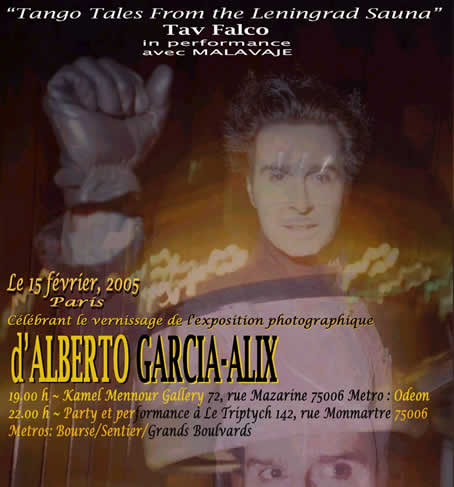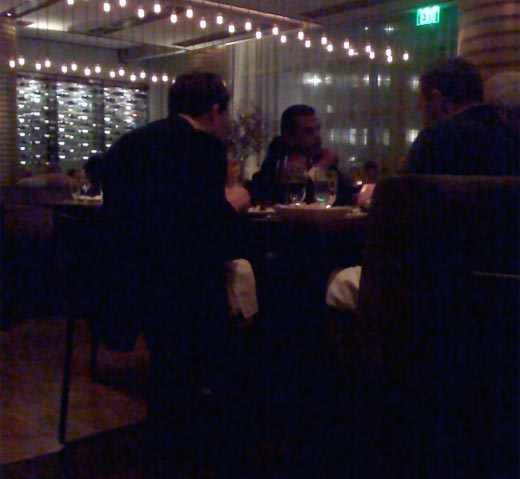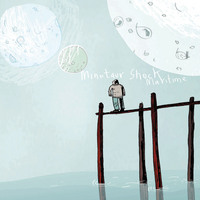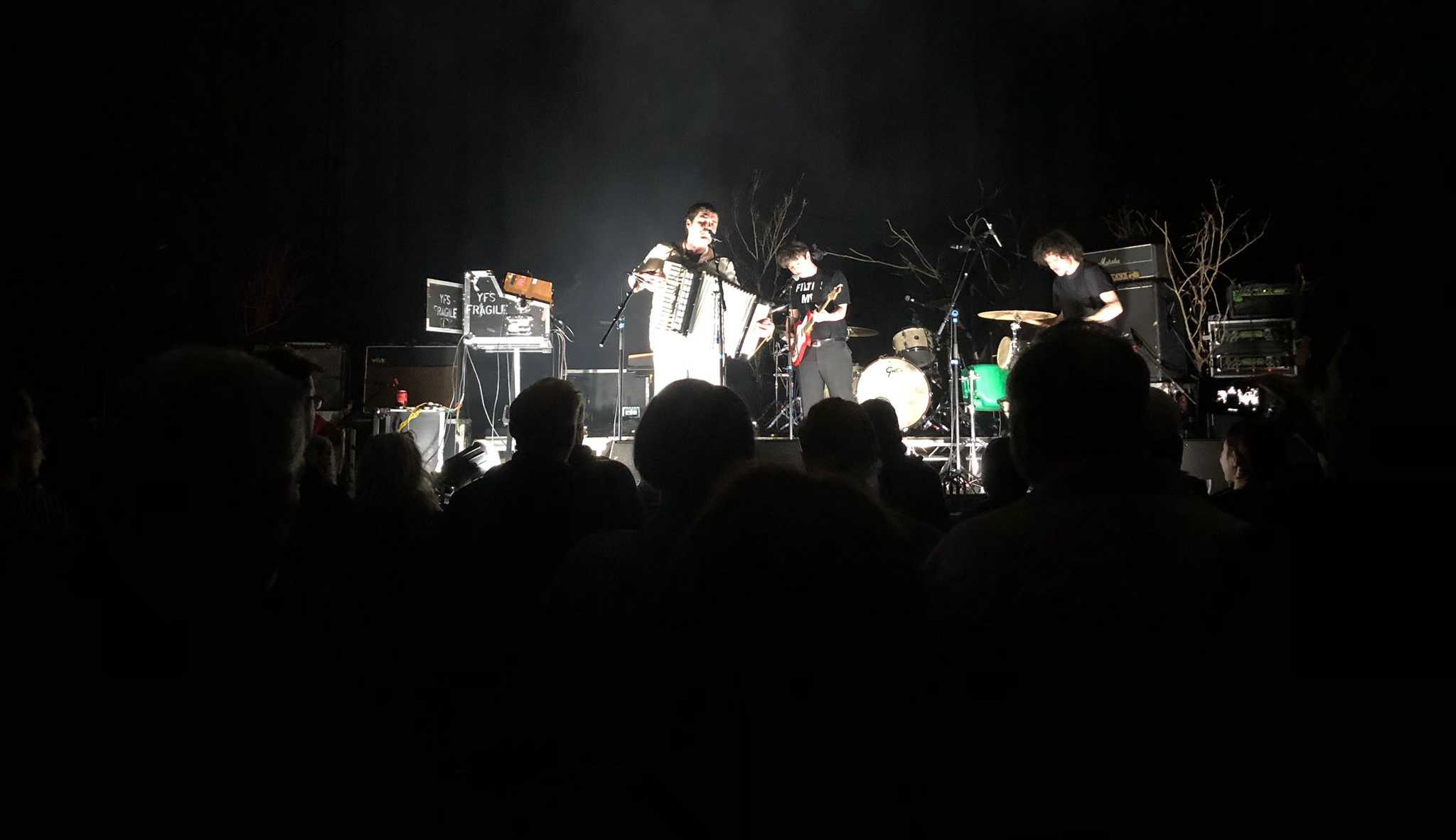Tortoise
Beacons of Ancestorship
(Thrill Jockey)
In advanced math, there exists the concept of a limit. A limit is a complicated convention that allows you to get as close as possible to something without actually reaching that thing, thereby allowing you to talk about the undiscussable; like, you can't divide by zero, but you can look into what happens when you divide by "really close to zero." The way it is discussed is "the limit as x approaches zero" clearing you from any legal hassle of being zero while talking about zero.
![]() I don't have college transcripts for any of the members of
Tortoise, but I suspect this concept is not entirely unfamiliar to them.
Tortoise is the limit as x approaches jazz, as x approaches jazz rock, or jazz-funk-rock, or experimental jazz-funk-rock, but is none of those things. In the mid-nineties, Tortoise was either
hailed as the future of music or its death knell, depending on how they
set with you, but of course, they proved to be neither of those things. So what are they?
I don't have college transcripts for any of the members of
Tortoise, but I suspect this concept is not entirely unfamiliar to them.
Tortoise is the limit as x approaches jazz, as x approaches jazz rock, or jazz-funk-rock, or experimental jazz-funk-rock, but is none of those things. In the mid-nineties, Tortoise was either
hailed as the future of music or its death knell, depending on how they
set with you, but of course, they proved to be neither of those things. So what are they?
Every Tortoise album has a long thesis statement laying out the general itinerary for the record, and Beacons of Ancestorship has that in "High Class Slim Came Floatin' In." It rolls out with a circadian dub thud the band has used in the past to devastating effect and injects it with a serene minimalist (Terry Riley-flavor) keyboard stream, so OK, this is how we are going to do this: patterns intersecting patterns. Then, suddenly, we get Bernie Worrell style funk synths calling the shots, pulling the rest of this enormous band into its orbit like a black hole. This Tortoisoid funk is not one built of gospel soul claps but of the hum of wires, the whirr of machines. The whole thing is overtaken by a distorted die-cast press sound, shaping the raw materials of the universe into its desired shape and then spraying it with a shiny glossy coat from the Minimalist keyboard line again.
You could really stop there, but there are varying degrees of future shock to be felt throughout the rest of the record. "Prepare Your Coffins" is a hang-glider survey of the Rube-Goldberg process of the previous track. Robert Fripp guitar lines meet Spyro Gyra in the clouds above Silicon Valley. "Northern Something" is the sound of robots at play while their technicians are off hang-gliding; a springy (as in coils, not sunshine) percussive workout implying a level of comfort with laser-like precision that feels almost joyous.
There are a couple places where the band goes off script, such as the Bad Brains simulacrum "Yinxianghechengqi" - it's about as rock 'n' roll as this band has ever gotten. "The Fall of Seven Diamonds Plus One" feels like a Spartan outtake from their Morricone days on TNT. You expect David Gahan of Depeche Mode to come crooning any minute now during "Monument Six One Thousand." With all these diversions, though, the album ties up the man-machine schism in a melancholy way with "Charteroak Foundation." The guitar and the beat seem at odds, running on different clocks with a lonely synth bleeding through pleading for them to come together, and when they do, it is beautiful. The song goes through a metamorphosis, parts becoming each other, reconfiguring in shuddery distortion before emerging on the other end glorious with wet wings ready to take flight.
The calculations of the process to get from caterpillar to butterfly, or how a song starts one way and becomes something else are some of those great mysteries that we get close to talking about but can never really directly discuss. They hint at the infinitude that arrives by dividing by zero, and it is possible that the function of x Tortoise has been working on all these years has finally arrived at that indefinable solution.
























